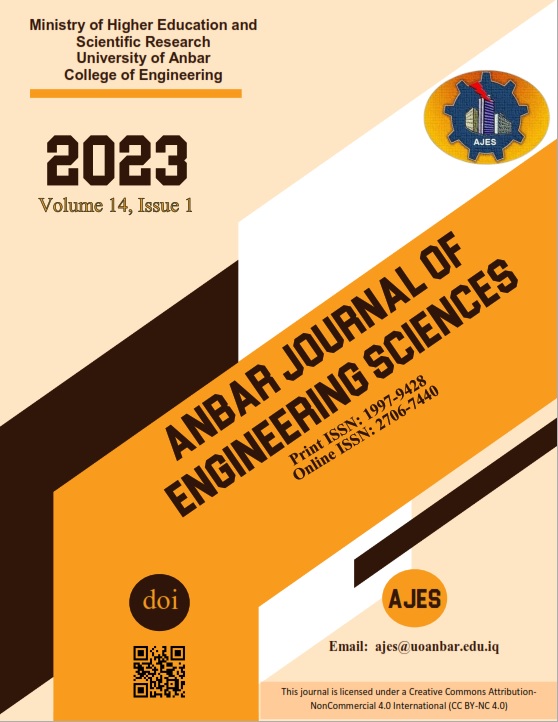Abstract
Water treatment sludge (WTS) is a byproduct generated during the treatment of wastewater. In recent years, researchers have explored the potential of using WTS as a soil stabilizer to improve the geotechnical properties of soils. In this review, we will examine the current state of knowledge on the use of WTS for this purpose. The organic matter content of WTS is usually high and can range from 30% to 60%. The high organic matter content makes WTS a potential source of nutrients for plants, and it can also enhance soil structure and water retention. Another important consideration is the environmental impact of using WTS. The use of WTS can be an eco-friendly alternative to chemical stabilizers, which can have adverse effects on the environment. However, there are concerns about the potential for heavy metal contamination in WTS. To mitigate this risk, it is recommended to conduct thorough testing of WTS before using it as a soil stabilizer. Finally, the use of WTS as a soil stabilizer has the potential to improve the geotechnical properties of soils. However, it is essential to consider factors such as the type and dosage of WTS, the soil type, and the environmental impact before using it. Further research is also needed to explore the potential of using WTS in different soil types and environmental conditions.
